American Gaming Law: Las Vegas Casino Attorney Analyzes New Wire Act Opinion
Posted on: February 6, 2019, 03:30h.
Last updated on: March 16, 2019, 05:01h.
American gaming law continues to widely impact the casino industry and other forms of gambling. The Department of Justice (DOJ) Office of Legal Counsel (OLC) recently released a new interpretation of the Wire Act which threatens to end online sports betting – and most other forms of internet gambling involving multiple states. To better understand recent events and the future, Casino.org reporter Ed Silverstein spoke to prominent Las Vegas attorney Kate Lowenhar-Fisher, Gaming & Hospitality Practice Group Chair, at Dickinson Wright.
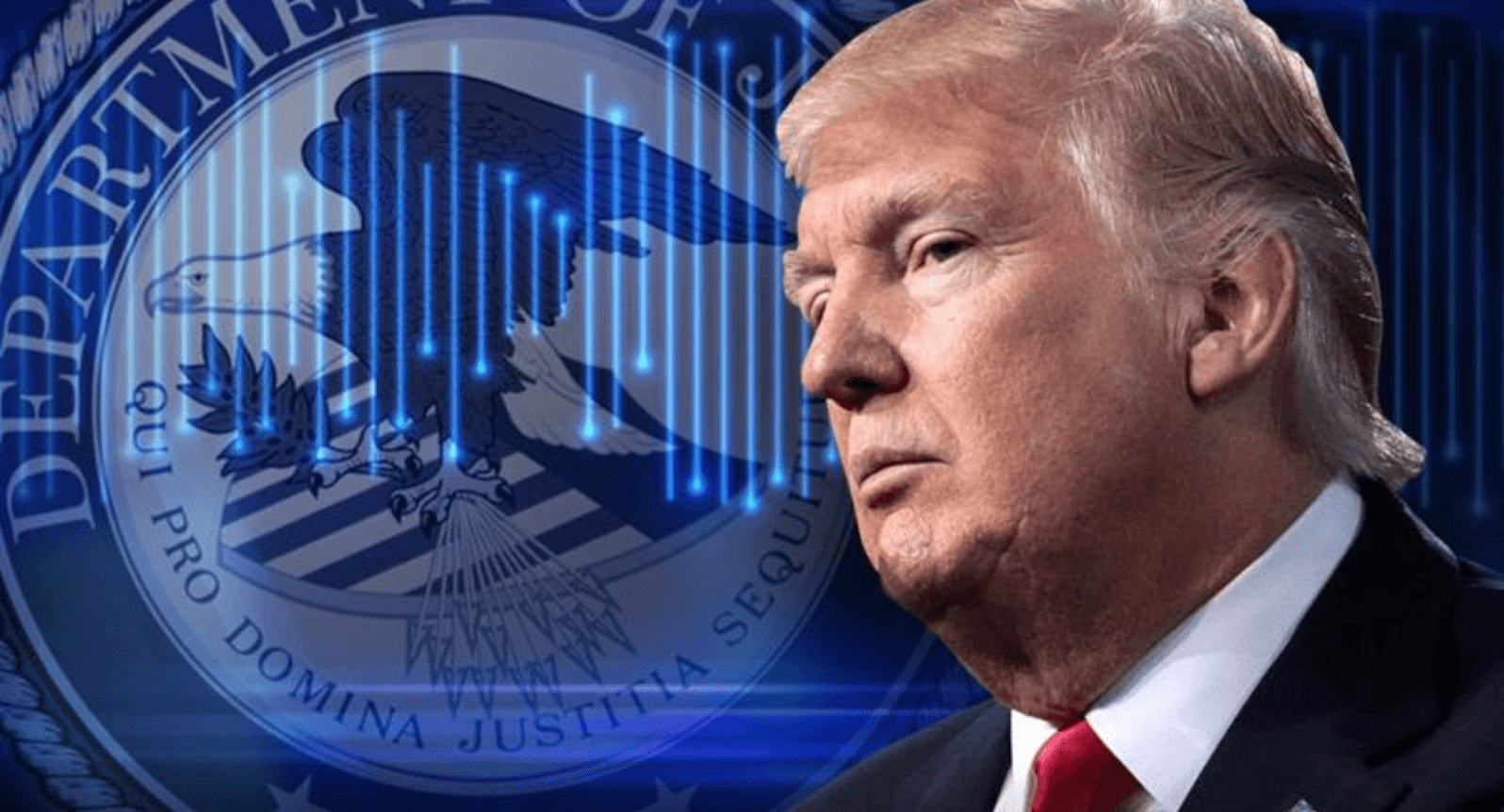
RAWA By Memo
Casino.org: When we last spoke to you, the US gaming industry was celebrating the Supreme Court’s overturn of PASPA. Now just six months later, the DOJ overturned the previous Wire Act opinion, and it has thrown the industry into a state of confusion. What are your thoughts on why it happened and how it’s most likely to impact American gaming?
Kate Lowenhar-Fisher: I think the timing is not really a coincidence. I would say that with the striking down of PASPA, obviously, it sort of opened the floodgates for states to choose to authorize sports betting within their borders.
In 2018 and ’19, by far the most attractive product, probably from a consumer standpoint and an operator standpoint and a tax revenue standpoint, are those mobile or online products. And we can certainly see that from the experiences in Nevada, New Jersey, and so forth.
Even though it feels as though there’s a great sort of inexorable wave in favor of the proliferation of regulated sports betting, there are still some serious enemies of sports betting, and online betting, in particular. Certainly, we know that from the Restoration of the Wire Act (RAWA) bill that had been proposed, and so forth.

What this new OLC opinion did, was it basically was — RAWA, by memo — and so it came in through the backdoor. And so, I think we can all certainly guess at some of the origins of probably that memo, who worked on it, and who may have been largely responsible for sort of advocating that the OLC do that type of examination. I think the fact that we had the proliferation of sports betting and those online products is what pushed those who oppose those kinds of things to really see if they could come up with a non-legislative solution to what they perceive to be a problem. I don’t think it’s a coincidence at all.
Casino.org: What do you think is motivating those people that are opposed to sports betting — online betting?
KLF: The reversal of the reversal in the OLC opinion doesn’t target sports betting in particular — but it targets frankly all online betting, which, of course, impacts sports betting.
I think there are a lot of reasons. I think there are those who fundamentally feel as though the proliferation of online products will cause more harm than good.
Other negative impacts flow from the proliferation of those kinds of products. For example, will it do great harm to the brick and mortar casino business? Some might fear that if people can gamble from their couch, they will have no reason to actually come to a casino.
Then there are the folks who have a sense that gambling in general is some type of vice or something with which they are morally not comfortable — and so this is also a way to kind of squelch the proliferation of gambling, if your perception is that it is, in and of itself, intrinsically harmful.”
So, there are lots of different types of potential enemies that could really be behind these efforts.
Jeff Sessions’ Influence?
Casino.org: A lot of people think RAWA proponent Sheldon Adelson may have had some influence on the turnaround. He’s been unsuccessful at blocking internet gaming in Congress. Can you think of any other reasons the DOJ would make this reversal a priority in the midst of a government shutdown and all the major issues that the country is facing?
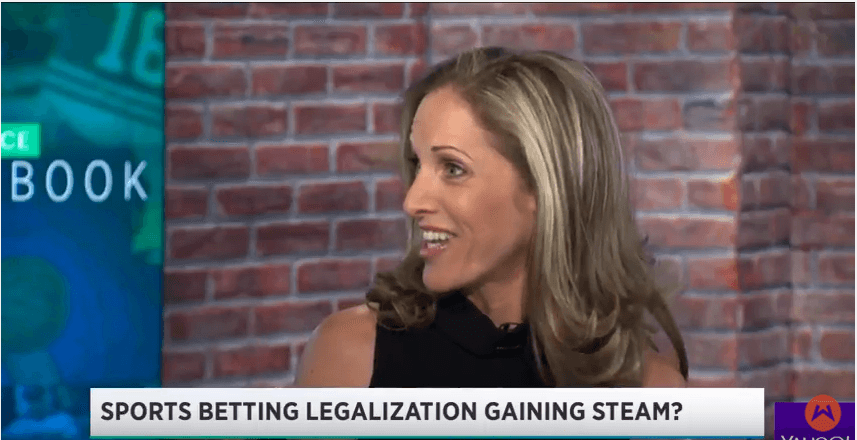
KLF: Well, the former attorney general, Jeff Sessions, made his views pretty clear about the original 2011 OLC opinion — that he really disagreed with it. We certainly saw Sessions take action on the co-memorandum regarding marijuana, and this is another extension of that kind of thing. It’s hard for me to speculate on why this would be a priority among all the other types of things that the country is facing. I’m not a professional political operative so it’s really hard for me to speculate on why there was so much time and energy spent on this particular issue, particularly since it appears that the wave of public opinion in the United States is going in the opposite direction.
But there have been some very clear and powerful opponents of the greater proliferation of online wagering, but I’m not privy to any of the behind-the-scenes discussion.
New Wire Act Challenge
Casino.org: In your opinion, what are the best grounds for states that might choose to challenge this in court — the newest interpretation of the Wire Act?
KLF: I think there are a number of different ways. I’m certainly not a constitutional scholar, but I think there could be some types of potential constitutional issues at play, when it comes to the federal government really attempting to usurp an area of the law that has been historically reserved for the states. Certainly, out here in the Ninth Circuit, we do have a lot of precedent for that.
I’m not sure the opinion itself sort of gives rise to a potential cause of action, but potentially that the follow-up memo — about 90 days to sort of get in line — that we received probably provides fertile ground for some type of injunctive relief.
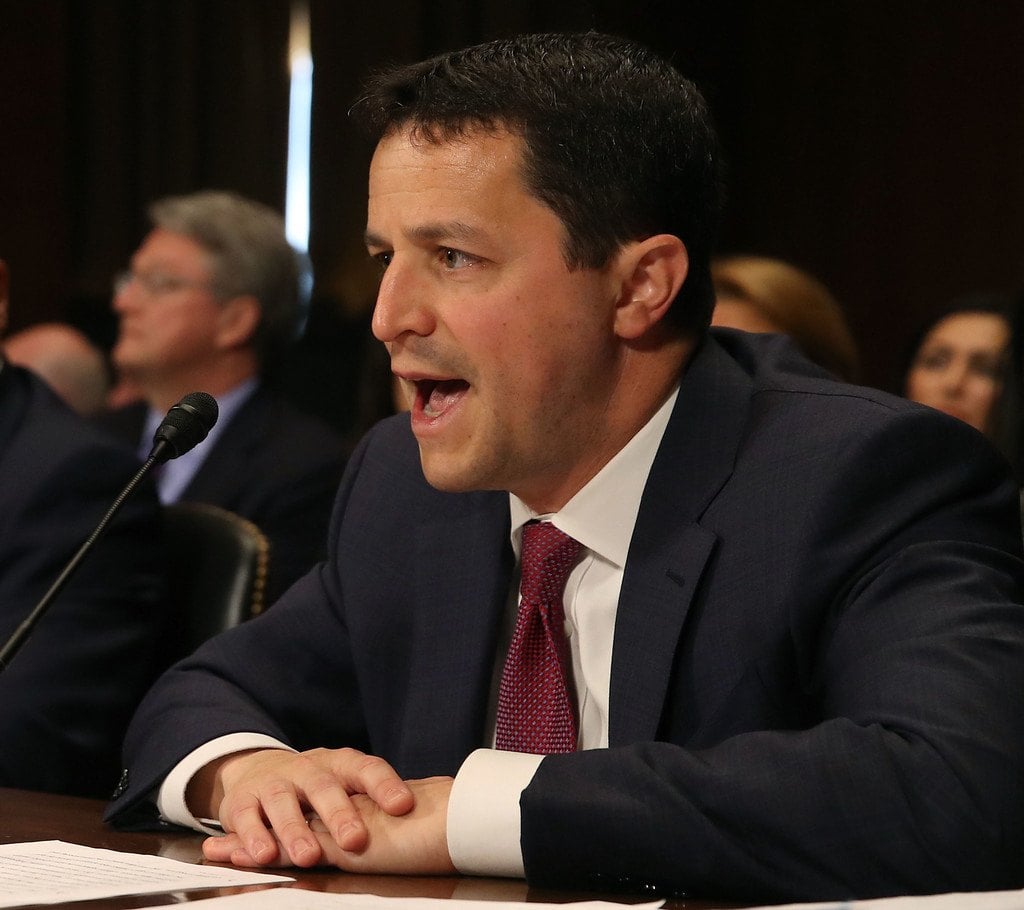
We’re talking about really potentially significant economic consequences and uncertainty, states that have acted in reliance upon official guidance from the Department of Justice for many years. State legislation that would be stifled or obstructed by this type of conduct. So, I think there are probably a whole bunch of different angles, and I would expect or suspect that a number of parties, a number of interested parties, would join together and probably tactically choose a very specific circuit in which to pursue some type of injunctive relief. But I defer to the real constitutional scholars to probably unpack all the potential details of what that kind of lawsuit would look like. It’ll be interesting.
Casino.org: Do you think the state attorneys general might get involved in a legal action?
KLF: Oh, no question. I think that’s entirely likely. We certainly have already seen state gaming regulators respond and react very quickly. Pennsylvania, for example. What we potentially have is state regulators protecting their state gaming industry, which is what, for example, our Nevada regulators do. And, at the same time, it might run completely contrary to this sort of memorandum statement — which, of course, isn’t a law — that we’ve gotten from our federal government. So, I certainly think it’s very fertile ground for state attorneys general on behalf of the state to take action and stand up for itself.
Wire Act Relevance
Casino.org: Finally, what are the chances that Congress will update or maybe even throw out the Wire Act and start from scratch? After all, it was written decades before the internet and in reaction to organized crime and now it’s almost 60 years old.
KLF: I think that should be done. It’s antiquated. It’s led to a lot of confusion. When the law was passed, they couldn’t even fathom the framework that we have now. And, obviously, the country is going in a different direction. But if I were laying odds on anything happening, I am a betting woman, I do live in Las Vegas, but our government just went through the longest shutdown in history, so I don’t have a lot of confidence that, at least imminently, that our Congress would be able to get together on something like this.
Casino.org: If they were to approach it, would it be useful to maybe define the terms in the law?
KLF: Frankly, I think the entire Wire Act itself is probably ripe for removal because, at the end of the day, states already have their laws addressing illegal gambling and we already have federal laws that aid the states in enforcing their illegal gambling laws.
For example, the Illegal Gambling Business Act, the Travel Act, and so forth. The Wire Act is a really different animal because it makes illegal certain types of conduct that, I think, is really contrary to the direction that we’re heading in. So, I think the Wire Act has far outlived its usefulness and should go by the wayside.
Related News Articles
Most Popular
FTC: Casino Resort Fees Must Be Included in Upfront Hotel Rates
Genovese Capo Sentenced for Illegal Gambling on Long Island
NBA Referees Expose Sports Betting Abuse Following Steve Kerr Meltdown
UPDATE: Former Resorts World & MGM Grand Prez Loses Gaming License
Most Commented
-
UPDATE: Whiskey Pete’s Casino Near Las Vegas Closes
— December 20, 2024 — 30 Comments -
Caesars Virginia in Danville Now Accepting Hotel Room Reservations
— November 27, 2024 — 9 Comments -
UPDATE: Former Resorts World & MGM Grand Prez Loses Gaming License
— December 19, 2024 — 8 Comments -
FTC: Casino Resort Fees Must Be Included in Upfront Hotel Rates
— December 17, 2024 — 7 Comments

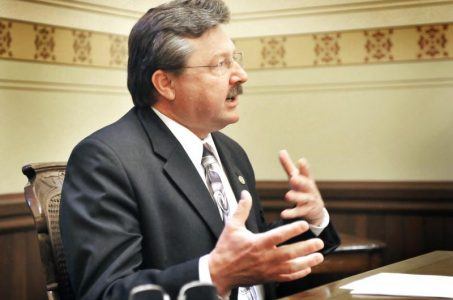
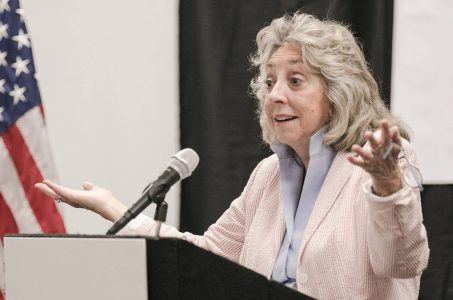













Last Comment ( 1 )
Who do you write about fraud in the Oklahoma casino?